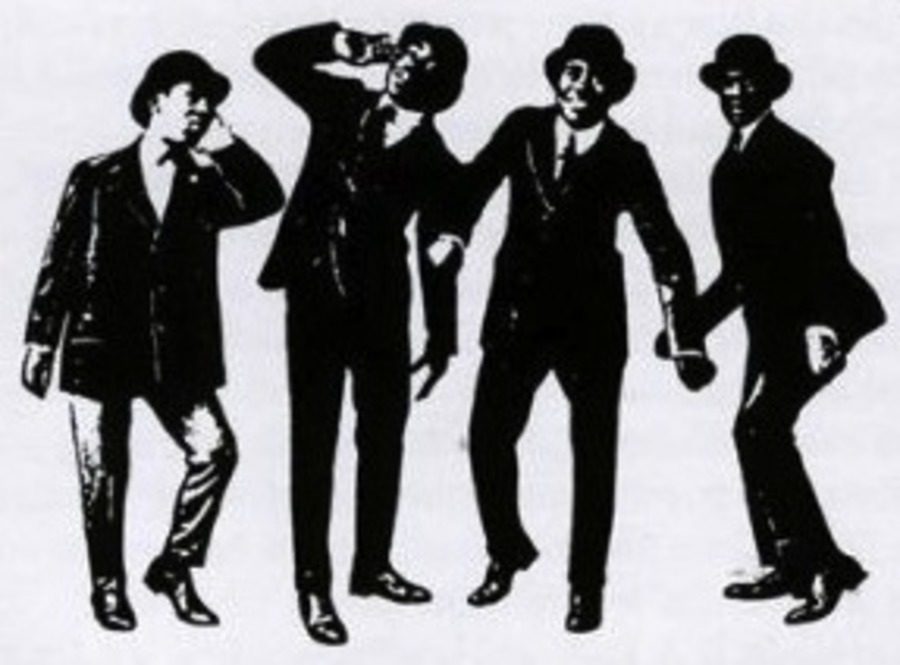
Background
The African American quartet tradition is an artistic form that originated in the mid-1800s. The early African American a capella vocal groups were originally known as Jubilee Quartets. The quartet tradition is a blending of African American and Western practices containing distinctive elements that express cultural values of the African American community. A quartet was defined as a vocal group consisting of at least four members. They would sing four part harmony arrangements either in a capella style or with little instrumentation.
Types of Jubilee Quartets
- University Jubilee Quartets: The university singing movement emerged after the American Civil War when the Freedman’s bureau and other groups established educational institutions for emancipated slaves. A popular university quartet was the Fisk Jubilee Singers.
- Minstrel Jubilee Quartets: Having initially been restricted from performing in white shows, African Americans responded by forming minstrel troops of their own.
- Community-Based Jubilee Quartets: Community based quartets combined practices from both minstrel jubilee quartet styles and university jubilee quartet styles. The organization of community quartets depended on family, religious, occupational, and social group affiliation.
- Barbershop Community Quartets – Many well known Black sacred and secular quartets were established in neighborhood barbershops, including the Mills Brothers, and the Golden Gate Jubilee Quartet.
Jubilee Quartet Song Battles
The dominance and popularity of quartets in African American communities prompted the establishment of song battles. During these battles the quartets competed to win the hearts of the audience and trophies. In some instances, the winners of these contests were awarded opportunities for radio broadcasting or recording deals.


